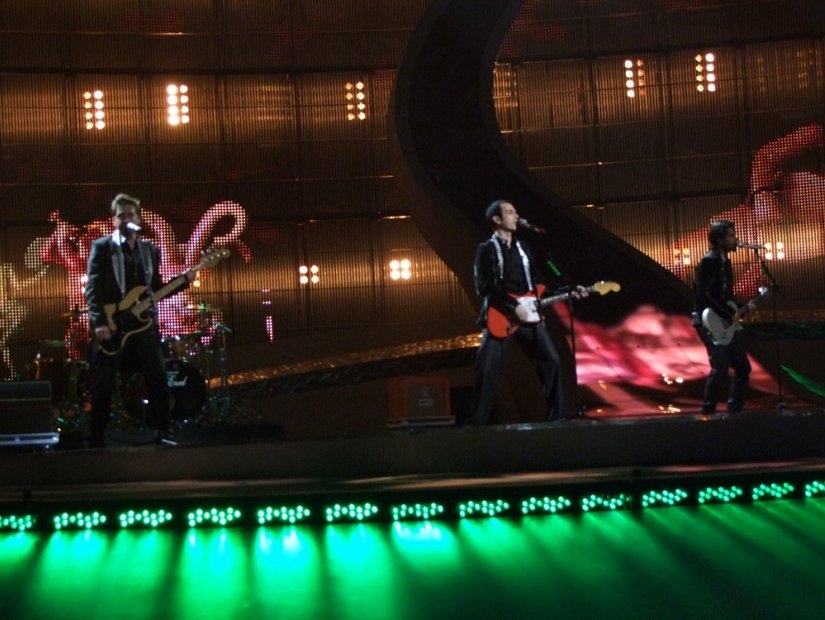Blog
Eurovision History of Turkey
Eurovision History of Turkey
Eurovision History of Turkey
Turkey, which took the initiative to participate in Eurovision once again, had important successes in Eurovision. Turkey participated in the contest, which has been held since 1956, for the first time in 1975, but Turkey did not achieve any significant success until the 1990s. Now, we will give you a brief summary of Turkey's Eurovision history.
1975-1983
Participating in the contest for the first time in 1975 with Semiha Yankı's song ''Seninle Bir Dakika'', Turkey finished the contest 19th, far behind the 1st-placed Netherlands. Turkey, which participated in the competition for the second time in 1978 after 1976 and 1977, failed to achieve significant success and took 18th place with the song "Sevince" by Grup Nazar & Nilüfer.
Participating in the competition with Turkey's Superstar Ajda Pekkan in 1980, Turkey was assertive with her song that synthesized the West and the East. However, Ireland came to the fore with its clear lead that year and Turkey placed 15th. After these results, Ajda Pekkan took a break from music for a while. In 1981, Ayşegül Aldinç & Modern Folk Trio represented Turkey with the song ''Dönme Dolap'' and reached 18th place. Continuing its similar rankings in 1982, Turkey participated with Neco's Hani song and became the 15th. Çetin Alp, who represented Turkey with the song "Opera" in 1983, was the last in the competition and achieved the worst ranking in Turkey's Eurovision history.
1983-1997
Although Turkey took part in Eurovision with names such as MFÖ and Kayahan after 1983, it could not find a place at the top.
1997-Current
With the removal of language restrictions and the transition to the televoting system, Turkish participants started to get higher rankings. In 1997, Şebnem Paker achieved 3rd place with the song "Dinle", and it was Turkey's highest success up to that time. Turkey, which joined with Tuzmen in 1998, fell back in the rankings and took 14th place. Turkey, which could not be in the top 10 from 1998 to 2003, invited Sertab Erener to the competition with a shocking decision.
This year was the year when Turkey won the first and only championship. Helena Paparizou, who represented Greece with 1st place in 2005, admitted that she was inspired by Sertab Erener. Turkey, which started to rank higher even though it could not take 1st place after 2003, achieved 4th place with the Athena group in 2004. Participating with Gülseren in the 50th anniversary of Eurovision in 2005, Turkey took 13th place with the song that was criticized. In the competition held in Athens, Greece in 2006, Lordi, who represented Finland with Hard Rock Halejullah, came first. That year, Turkey ranked 8th with Sibel Tüzün. In 2007, Kenan Doğulu took 4th place with his song "Shake It Up Şekerim" with his voice reminiscent of Justin Timberlake and his style reminiscent of Ricky Martin.
In 2008, Mor ve Ötesi, one of the few successful rock bands in Turkey, took 7th place with the song "Deli". He participated with Hadise, who was among the favorites, in the competition held in Moscow in 2009. Hadise, who was said to be sick and unable to use her voice fully during the competition, won 4th place. In 2010, Manga had the best success after Sertab Erener with 2nd place. After this success, the Manga group also won awards at the MTV awards in Europe.
Most of the people who follow Eurovision are still discussing how Turkey did not become the first in 2010. Participating in the competition with Yüksek Sadakat in 2011, Turkey was eliminated in the semi-finals. Turkey, which participated in the competition for the last time in 2012 with Can Bonomo, won 7th place that year and withdrew from the competition, claiming that it was "unfair" by showing the changed rules in the competition and did not participate in the competition again.


